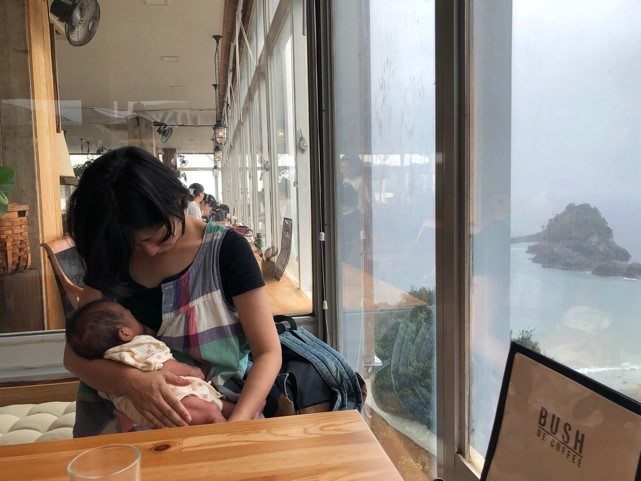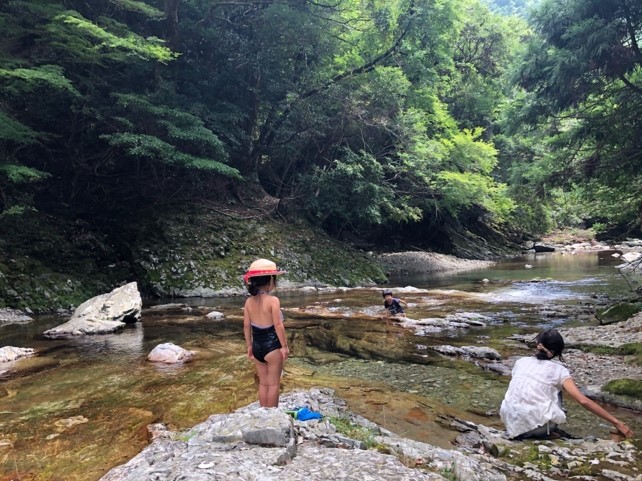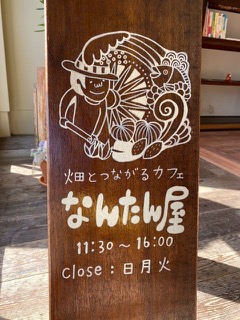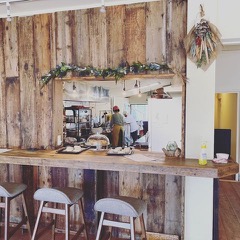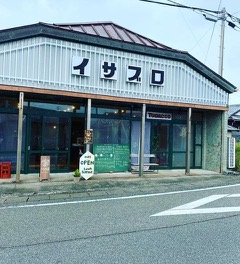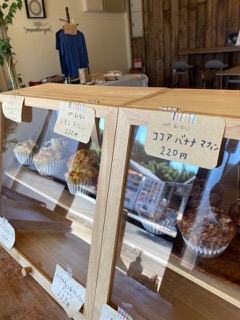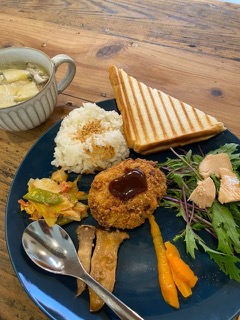By Cecilia Luzi
The first time I arrived in the Wakayama prefecture countryside was in 2016, on a cloudy August afternoon, and the heat and humidity at the beginning of the typhoon season were at their peak. I was welcomed by the cheerful Yukari-san, who came to pick me up at the train station with her white, compact pick-up truck –
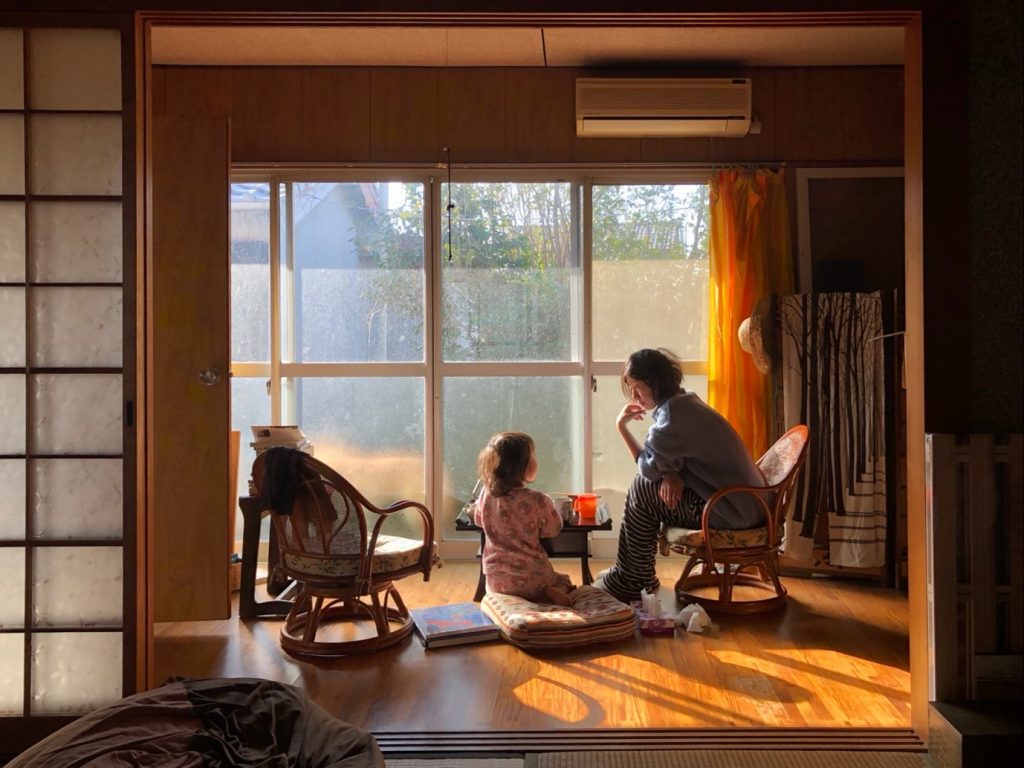
Copyright©Cecilia Luzi 2018
an ever-present element in Japan’s countryside. I spent one month as a WWOOFer (see Maritchu Durand’s post) working with her and her husband Āyan-san on their small farm in the southern part of Wakayama prefecture. We became good friends and eventually kept in touch even after my departure. When I moved to Tokyo with a scholarship in 2018, I took the opportunity to visit them whenever possible, especially, to spend time with one of their daughters, who became a very close friend. We shared space, time, long chats, food, drinks and music. We helped each other a lot and I began to understand her fascinating way of living in the countryside.
Copyright©Cecilia Luzi 2019
Kai is a young woman and a single mother of two daughters. She used to live in Kōbe. When she decided to start a family, she moved back to the place where she grew up. Today, she rents a small field overlooking the ocean, where she grows sweet potatoes. She uses them to make sweets, tarts, and bagels that she sells at the local grocery stores or at occasional outdoor markets. In November 2018, we would wake up at 6 a.m. Kai prepared breakfast while I dressed her older daughter Konoha and dropped her off at the nursery school. I then joined Kai on the field to help her dig up sweet potatoes. When I came back in July 2019, Utaha was born, and we were working around the house to make space for a winter vegetable garden. Kai would put Uta-chan to sleep on a futon inside and leave the shōji all opened to let the summer breeze pass through the house.
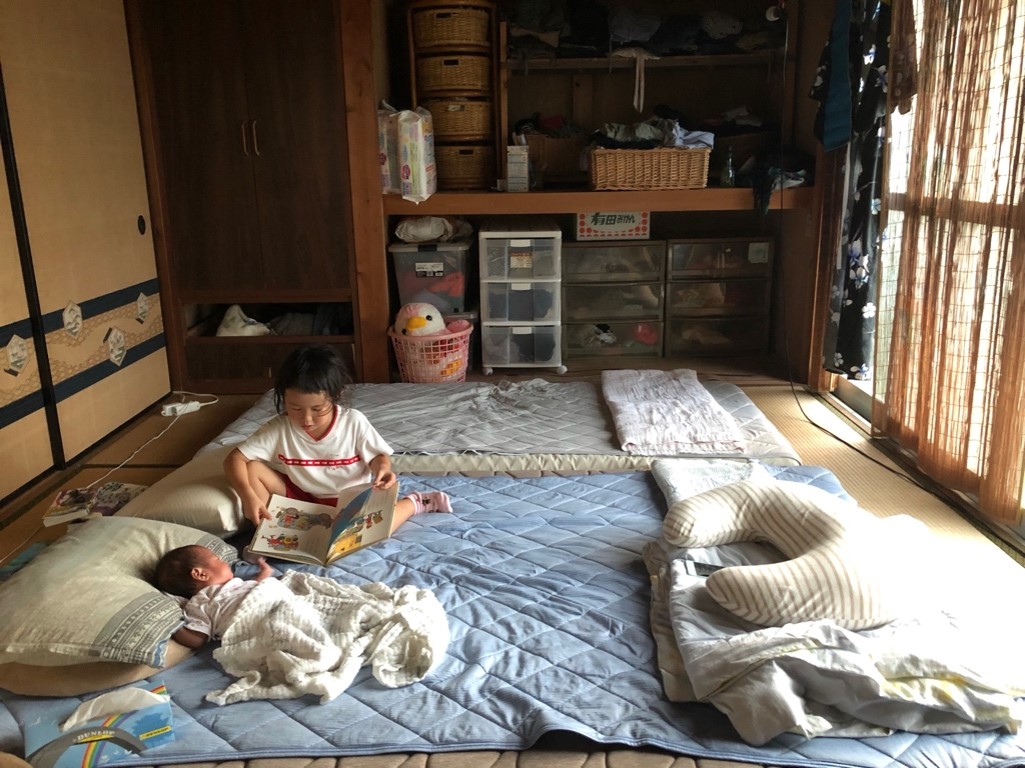
Copyright©Cecilia Luzi 2019
While living with Kai, I learned that children are a central part of the life of urban-rural migrants in Wakayama prefecture. They play hide-and-seek barefoot on rice paddies during the harvesting season in September, sink their hands deep into the bean paste when making miso for hinamatsuri in March and run around the house while adults are eating and drinking during long winter nights. Families may have different shapes and compositions, but children are always around. One of the reasons why these people decided to move and resettle in a remote rural area was precisely because they wanted to start a family and raise their children in a better environment. Fresh air, healthy food, wide space to run and play outside is what made the countryside appealing, while the distance from nuclear power plants more specifically explains why they chose this specific area. Escaping from the city means to provide their children with what they believe is a more sustainable and happier future.
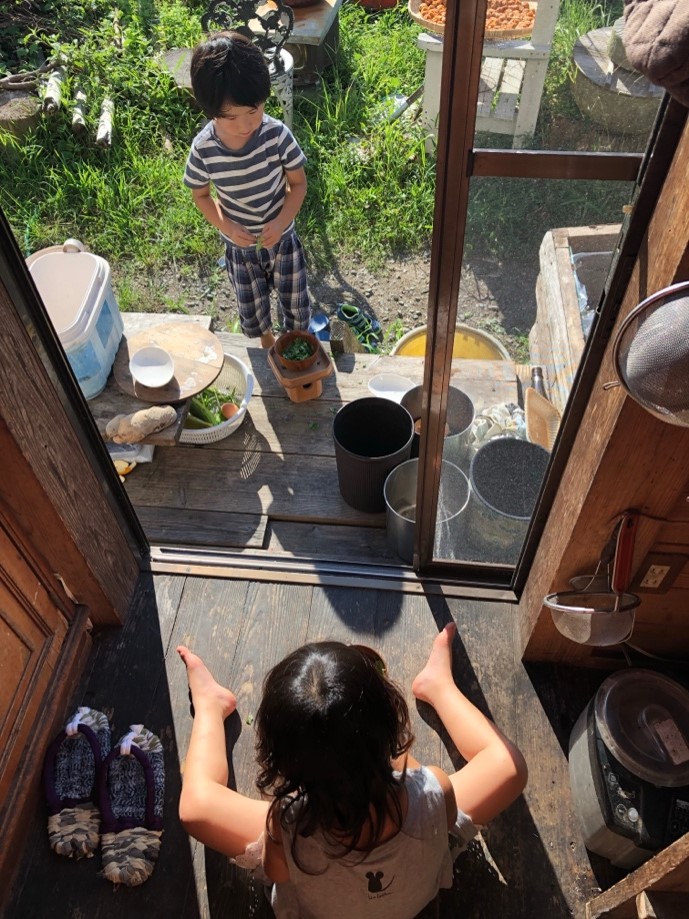
who makes breakfast today? 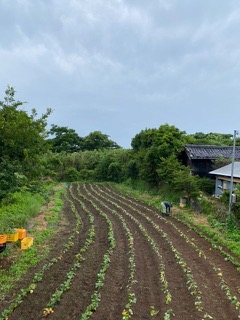
Kai’s field
on the right: Copyright©Shibata Kai 2021
As Cornelia Reiher wrote in her last post, local authorities are mostly driven by demographic reasons: they want to attract migrants with young children in order to fight the population decline of rural areas. However, beautiful landscapes and delicious food are not enough for young families and life is not always idyllic for in-migrants with children. Families dwell in old houses far from each other and spend much time isolated; one parent often has multiple and/or seasonal jobs in order to make ends meet, often leaving the other at home with the children. Yet the strong sense of community counterbalances this precarity. Despite the distance, people tend to be supportive of each other: they provide comfort and care when one is ill and recurrently take care of each other’s children.
Copyright©Shibata Kai 2021
Earlier this year, Kai finally realized her dream to open a cafe where she can cook and sell her own products. She received a lot of help from the community to renovate the old, abandoned grocery shop where she now works and lives with a friend. Before the Covid-19 outbreak, I was planning to stay some months in Japan to help her out with the construction works and the opening. Unfortunately, I could only follow the developments through Facebook and Instagram. I know it has been hard for her, and the economic environment in which she works and lives today is still precarious. Yet, I sometimes scroll the pictures of her cafe on my phone waiting for the moment I will finally be there with her, chatting and eating a delicious imo-no-taruto while our children play together on the ground.
Copyright©Shibata Kai 2021

